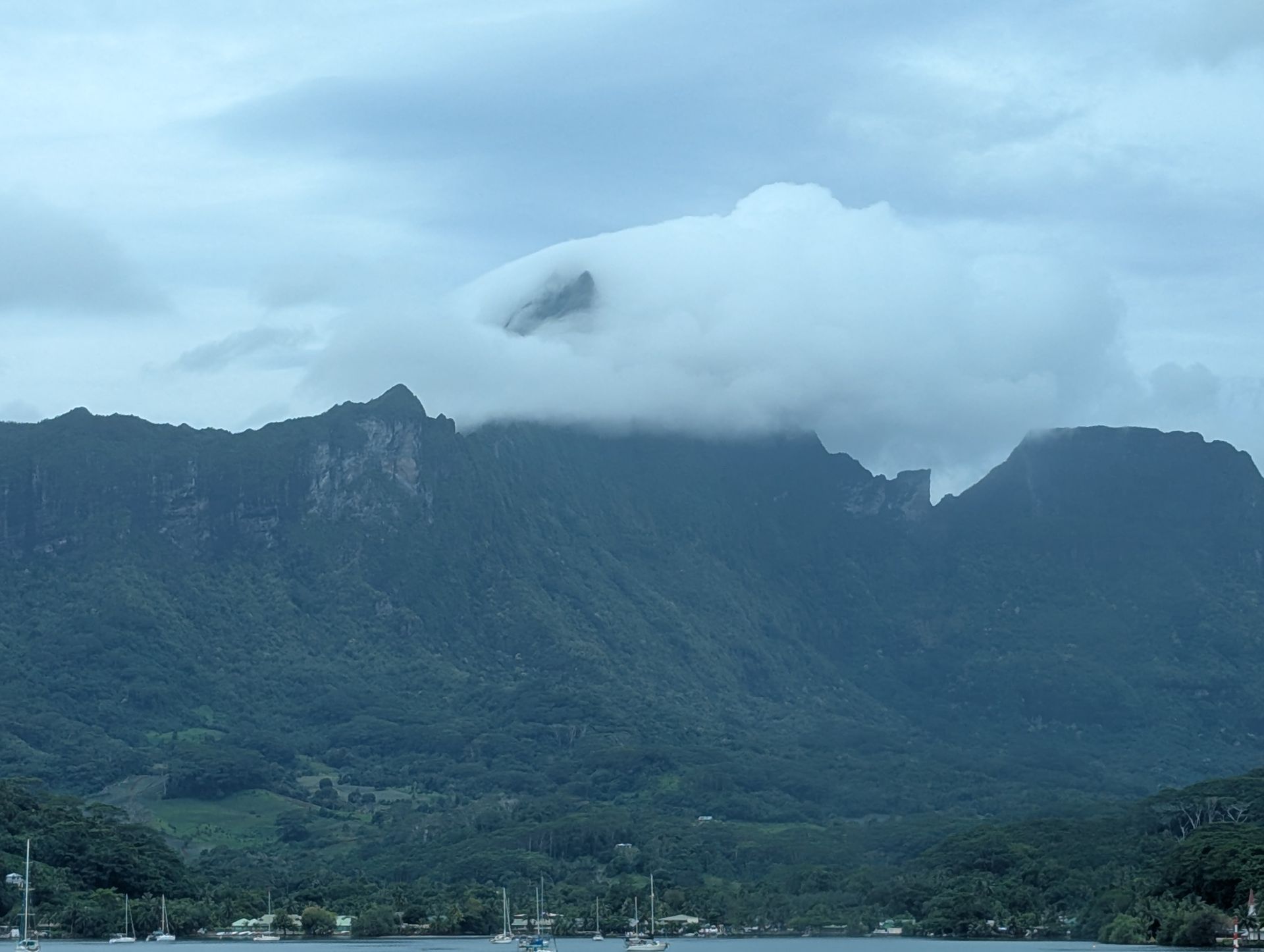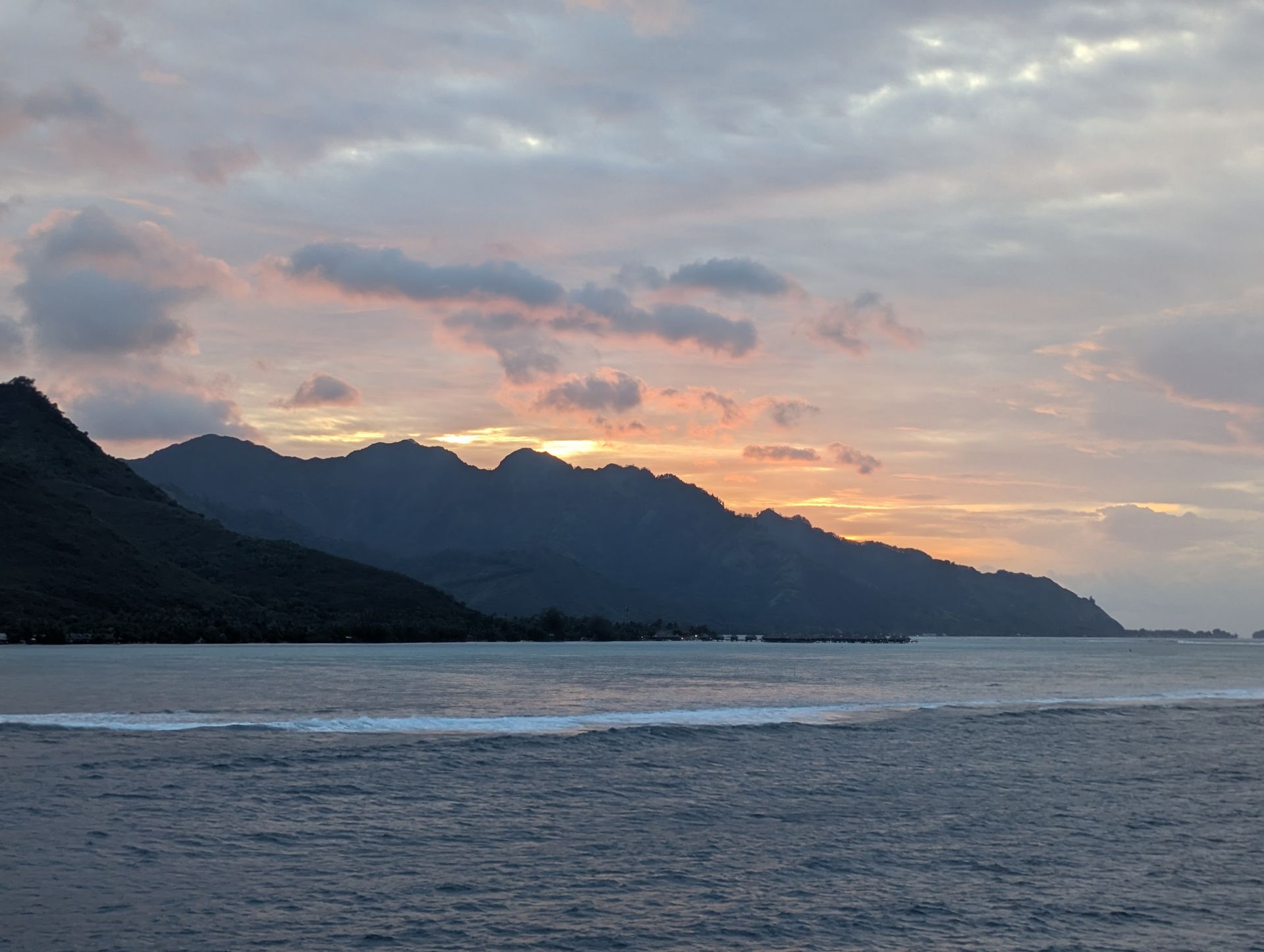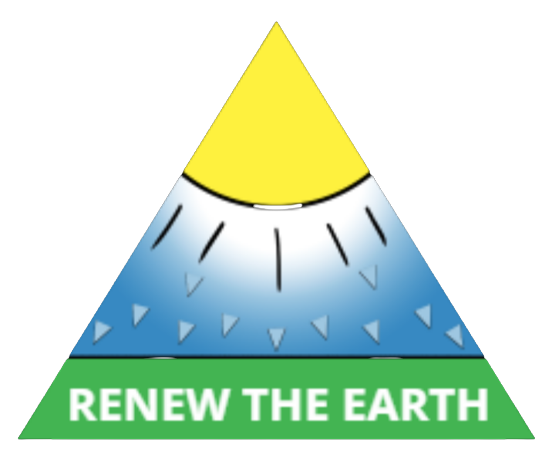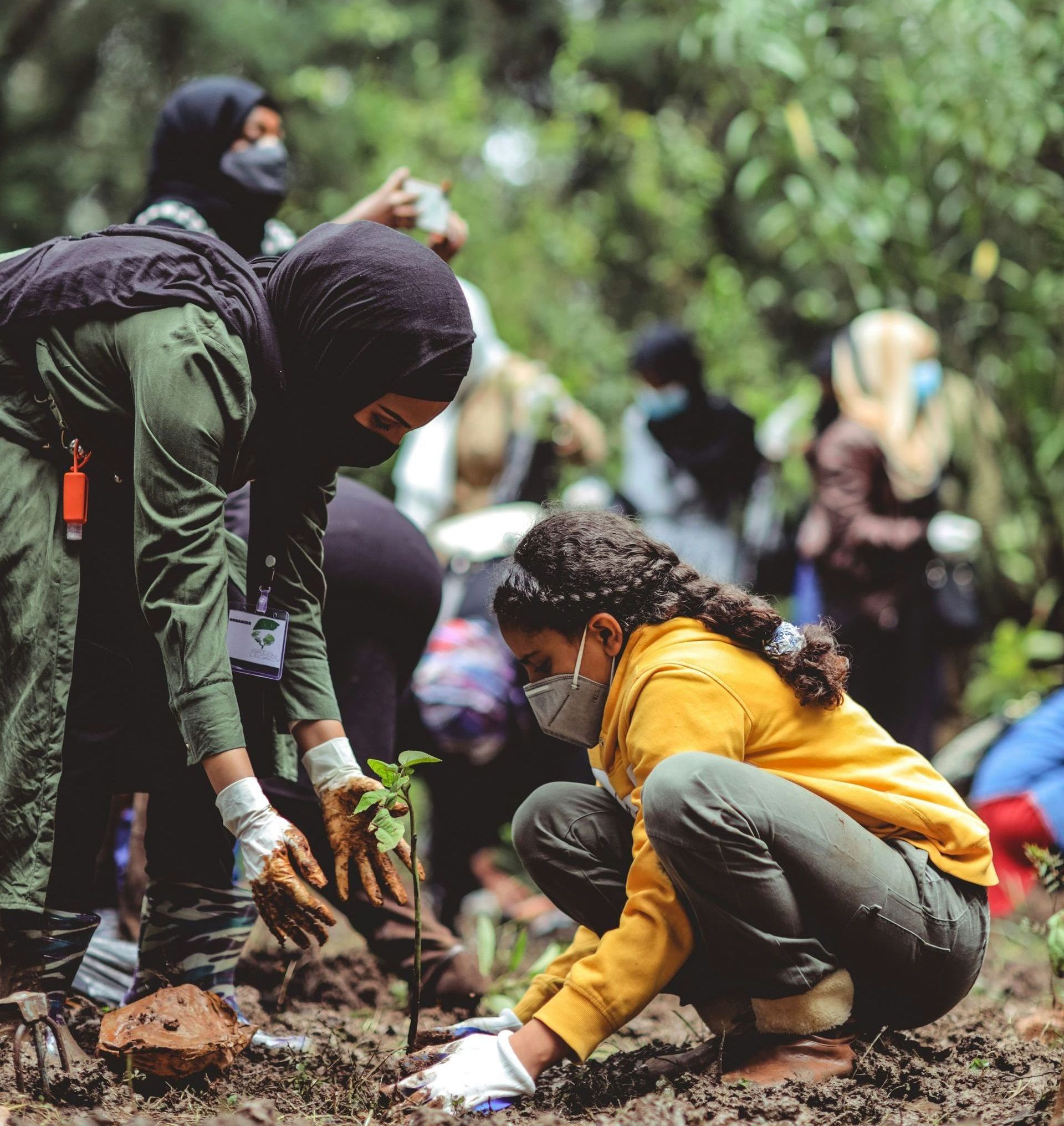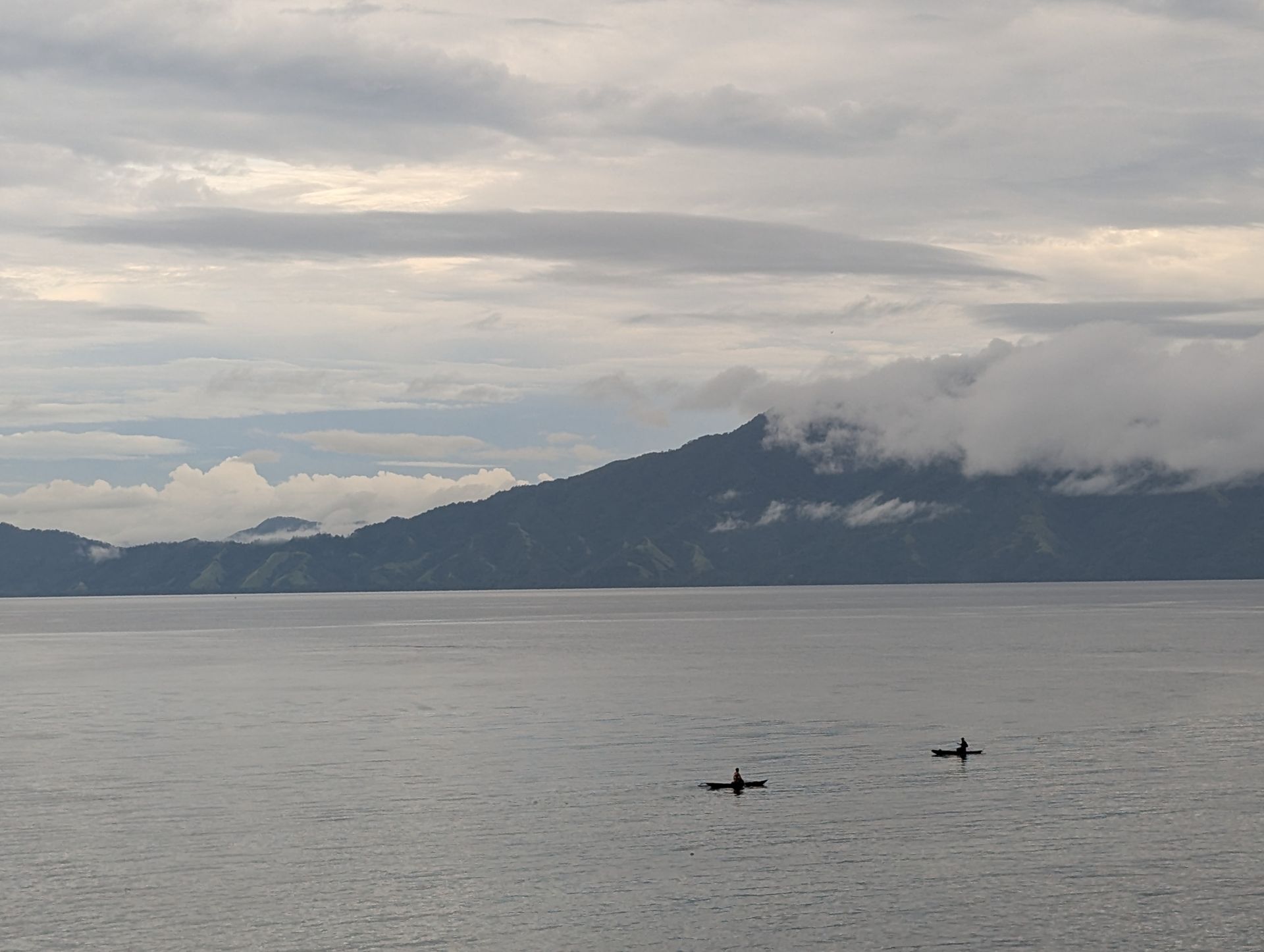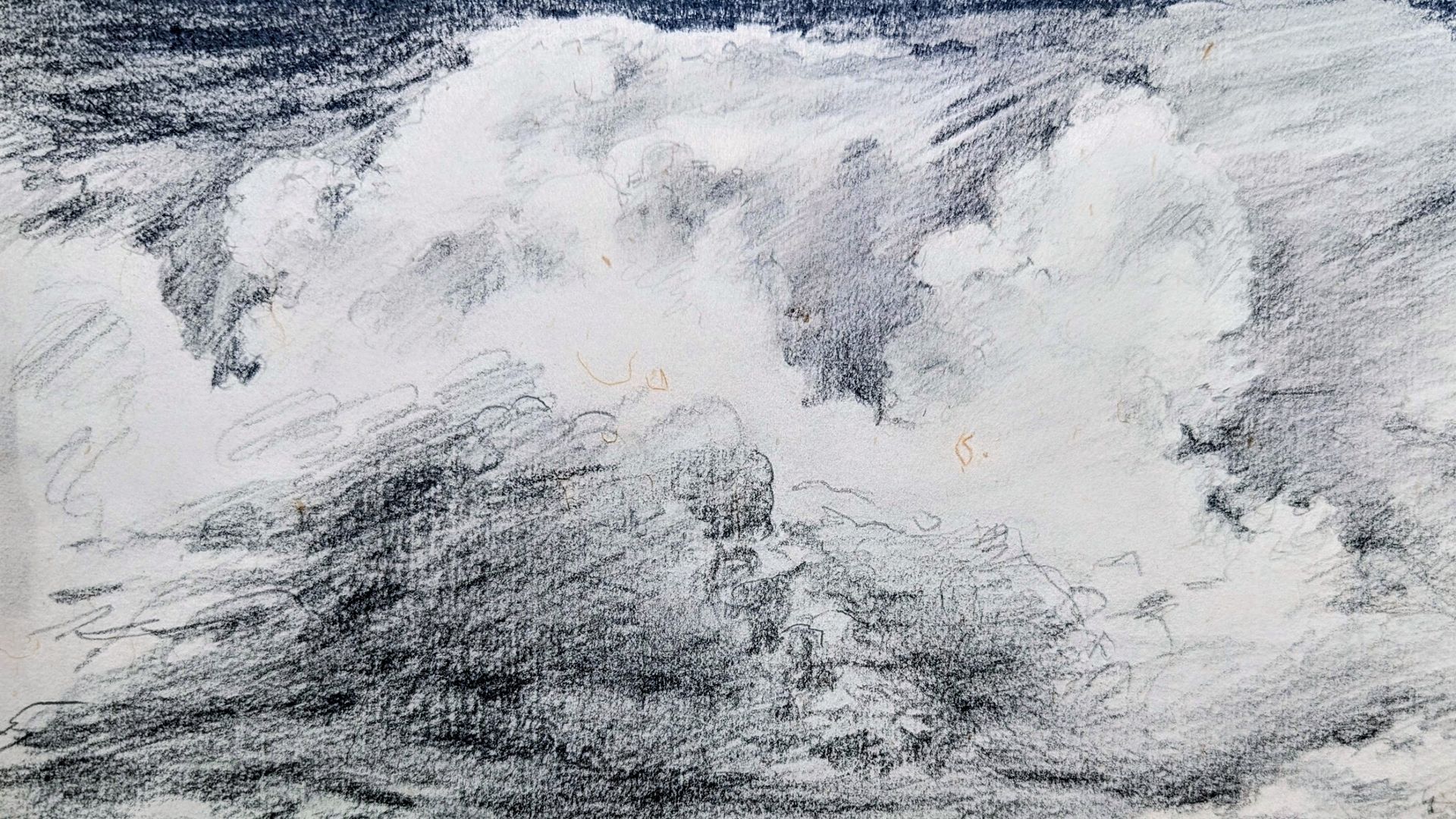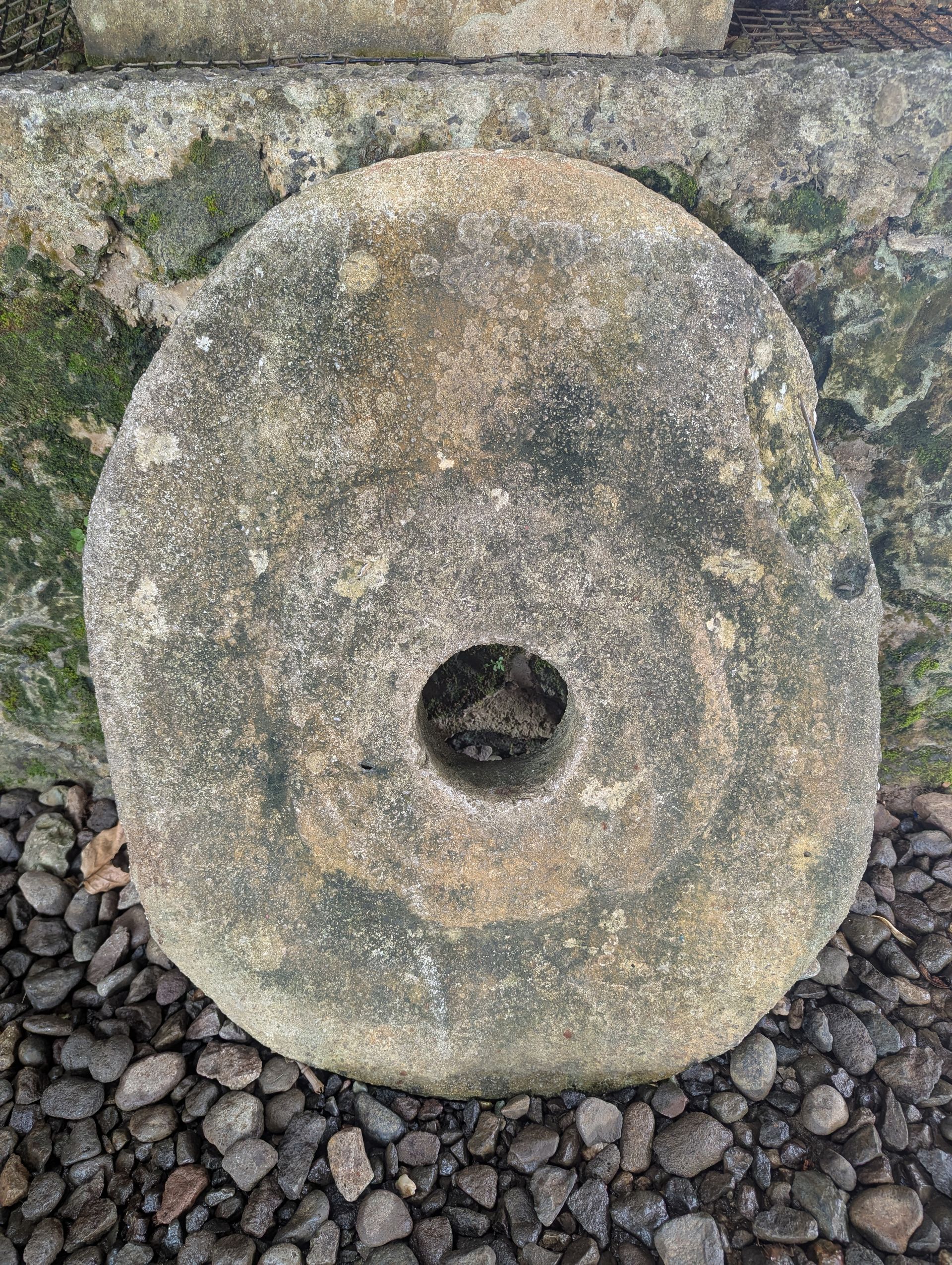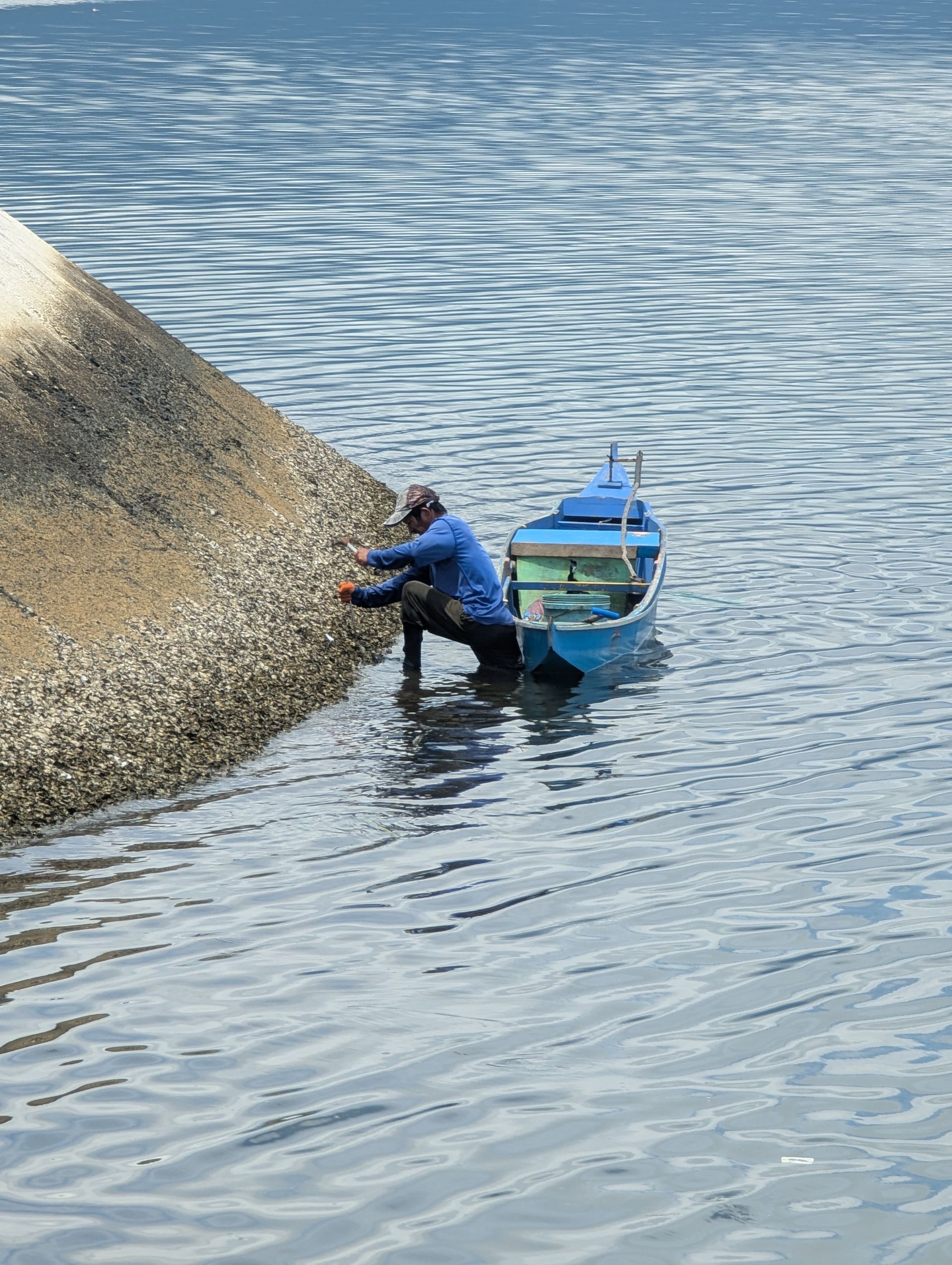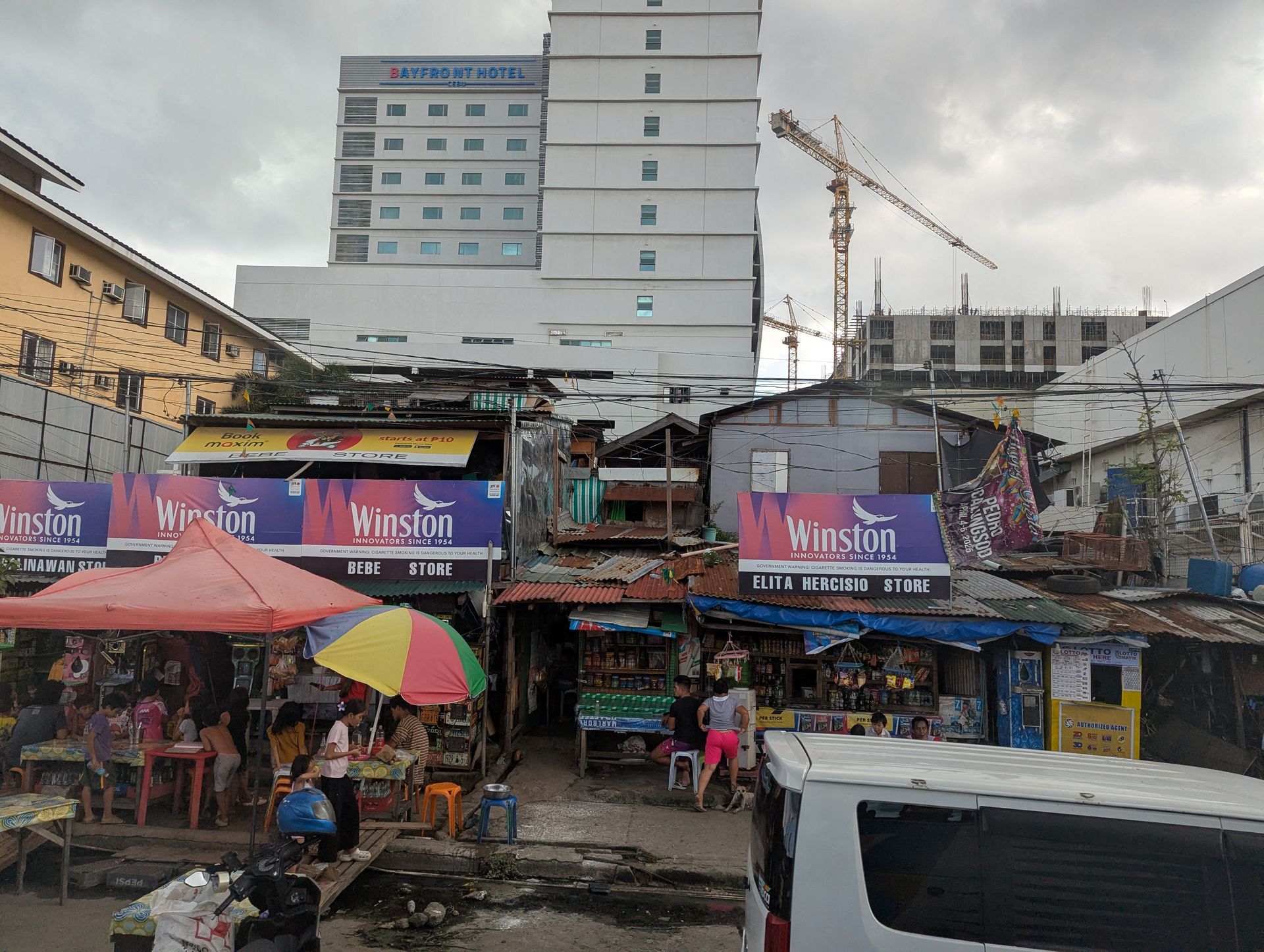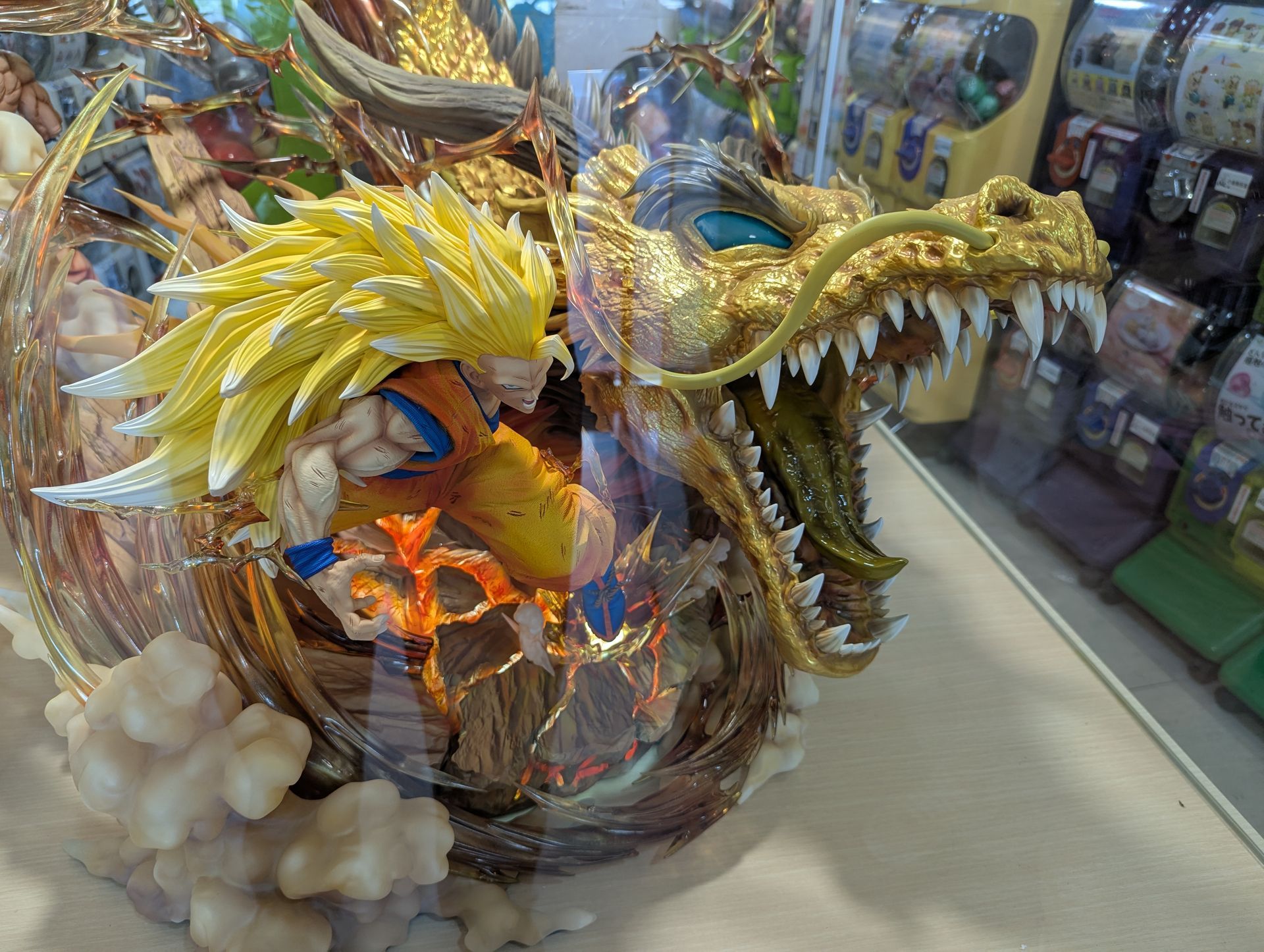What Game Theory Teaches Us About Sustainability and Economics
Striving for a Balanced Economic System
Game Theory, developed in part by economist and mathematician John Nash, explores how individuals make decisions in strategic situations where their choices affect, and are affected by, the actions of others. Initially applied in economics, diplomacy, and competitive settings, Game Theory also offers profound insights into building balanced and sustainable economic systems. By promoting diversity, resource-sharing, and cooperation, Game Theory can reshape our approach to sustainability, creating economies that prioritize survival, resilience, and long-term well-being for all.
The Basics of Game Theory and Nash Equilibrium
At the heart of Game Theory is the
Nash Equilibrium, a concept where no player can improve their outcome by unilaterally changing their strategy if others maintain theirs. In simpler terms, it’s a stable state where everyone makes the best decisions possible given the choices of others. However, in traditional economic systems, Nash Equilibria often leads to outcomes that favor competition over cooperation, with the primary focus on profit maximization rather than sustainability. This competitive focus fuels an imbalance in resource allocation, often disregarding the long-term needs of communities and ecosystems.

Shifting from Profit-Driven Choices to Survival-Driven Decisions
One of the key lessons Game Theory offers for sustainability is the idea of equilibrium, where multiple players cooperate to achieve shared benefits. Applying this principle to economic systems means moving from profit-driven choices to survival-focused strategies. In a profit-focused system, businesses, individuals, and nations often act in ways that ensure their own short-term gains, leading to overconsumption, resource depletion, and environmental degradation. In contrast, a survival-focused approach, such as
physical economics, prioritizes the long-term viability of essential resources, fostering resilience and adaptability.
The concept of cooperative strategies within Game Theory suggests that players who share resources and support each other’s survival can achieve better outcomes in the long run. For example, when industries within an economy collaborate to share sustainable practices or exchange resources, they create a resilient system where all parties benefit. This approach challenges traditional zero-sum thinking and promotes positive-sum outcomes where each participant contributes to a stable, healthy environment that supports everyone’s long-term well-being.
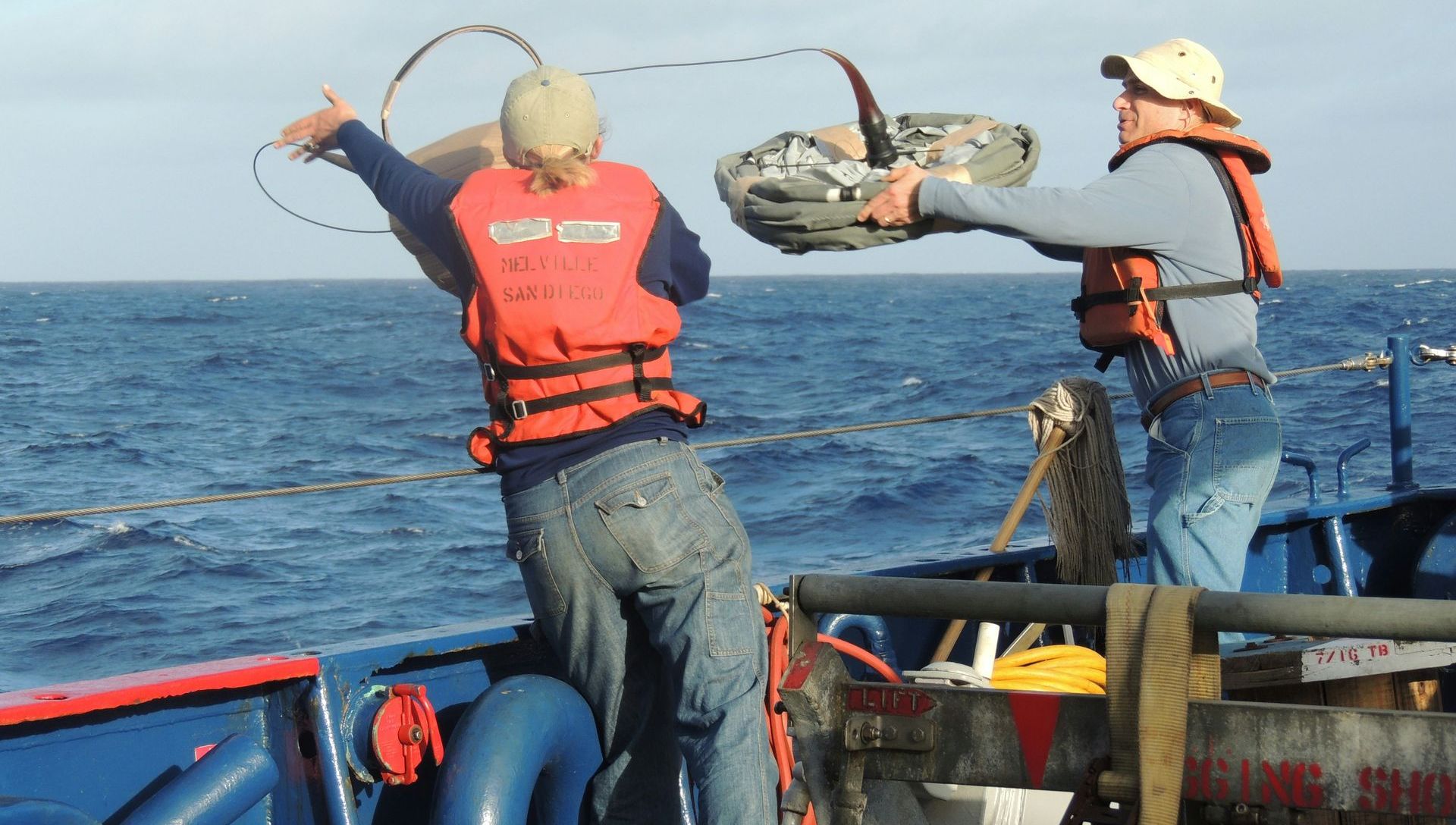
Embracing Diverse Resources and Economic Choices for Resilience
One principle within Game Theory that applies well to sustainable economies is the emphasis on diverse strategies. In nature, diversity ensures resilience; ecosystems thrive when there is a balance among various species, each contributing uniquely to the whole. Similarly, in sustainable economics, diversity in resources, energy sources, and methods of meeting basic needs helps buffer societies against shocks, such as economic downturns or resource shortages.
Incorporating diversity into economic systems can prevent vulnerabilities that arise from monocultures or single-resource dependence. For instance, economies that rely on a single crop or fuel source are more susceptible to crises if that resource becomes scarce or if environmental conditions shift. By diversifying our resources—such as embracing renewable energy sources alongside traditional ones—we reduce dependency and increase the adaptability of our economy.

Cooperative Strategies to Combat Resource Scarcity and Climate Challenges
A common Game Theory model is the “Prisoner’s Dilemma,” where two players must decide between cooperation and self-interest. When applied to sustainability, this model highlights the tragedy of the commons, where individuals acting in their self-interest deplete shared resources to everyone’s detriment. Addressing climate change and resource scarcity requires us to adopt cooperative strategies, ensuring that all stakeholders work together to protect common resources.
For instance, by applying a cooperative approach to fisheries or forest conservation, industries and governments can jointly regulate resource usage. This cooperative strategy aligns with the HREM (Human Renewable Energy Measure) model developed by Jeff Beller and Susan Caumont, which emphasizes calculating economic value based on sustainable human needs. HREM promotes a unified measurement that values resources in terms of human energy and ecological impact, encouraging stakeholders to view resources as vital to collective survival rather than individual profit.

Toward a New Economic Equilibrium: Sustainable Growth Through HREM
The HREM model embodies many Game Theory concepts by advocating for an economy rooted in shared survival rather than unrestrained competition. This model presents an alternative form of equilibrium—one where sustainability is the foundation, and resources are allocated to support basic human needs and environmental health.
Through HREM, we can design an economic system that allocates energy resources based on sustainable living rather than excess. By measuring economic value in terms of human energy and ecological sustainability, HREM allows us to see the true costs of consumption and encourages decision-making that supports everyone’s survival. This shift creates an economy where cooperation replaces competition, and survival becomes a shared goal.
Building a Balanced Future with Game Theory
Game Theory and the HREM model inspire a new approach to economics, one where diverse strategies, shared resources, and cooperative action take precedence. When applied to sustainability, Game Theory reminds us that individual choices impact the collective and that cooperation is essential for achieving long-term stability.
By aligning economic systems with these principles, we can build a world where growth and sustainability coexist—an equilibrium that prioritizes resilience, human well-being, and environmental health.
